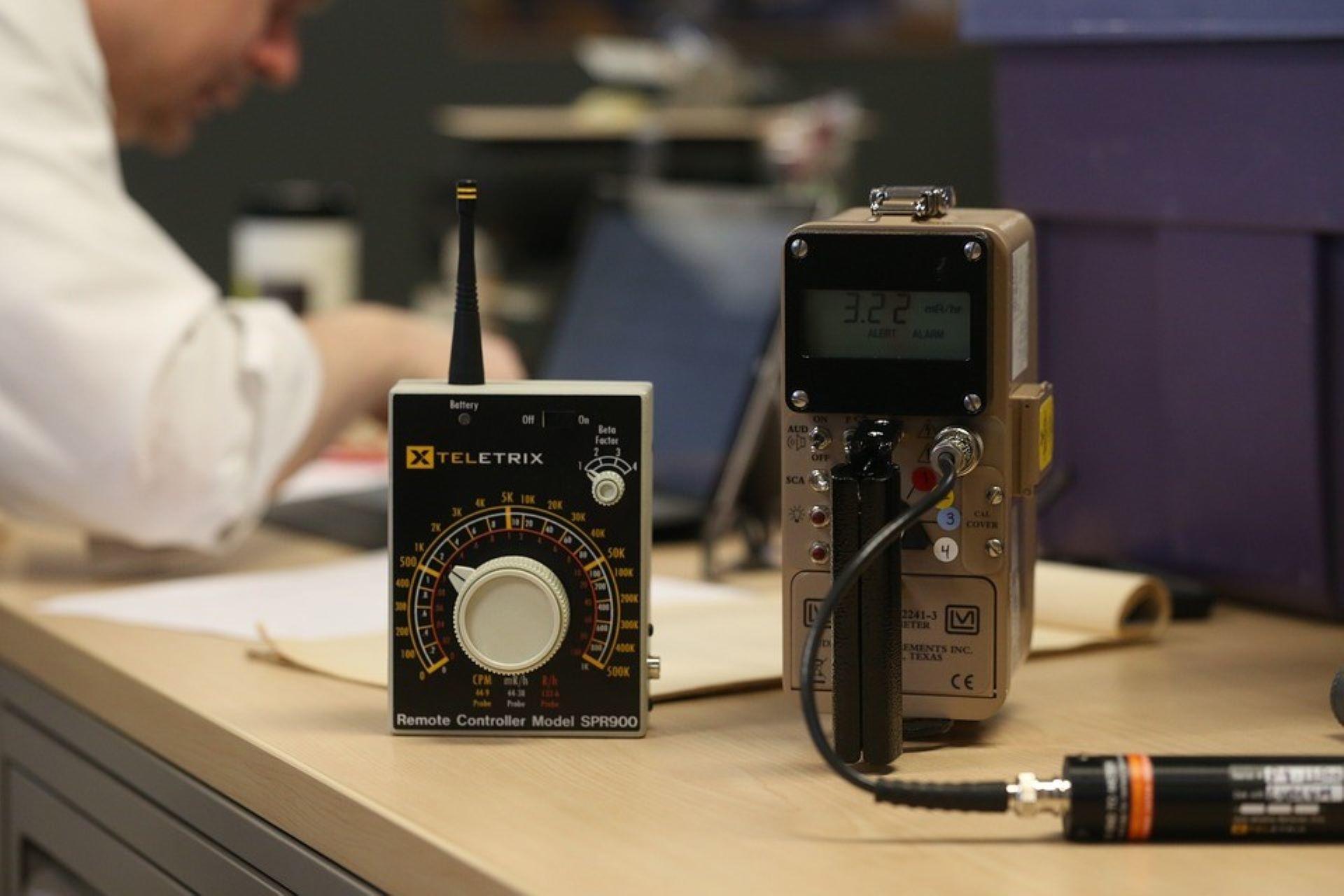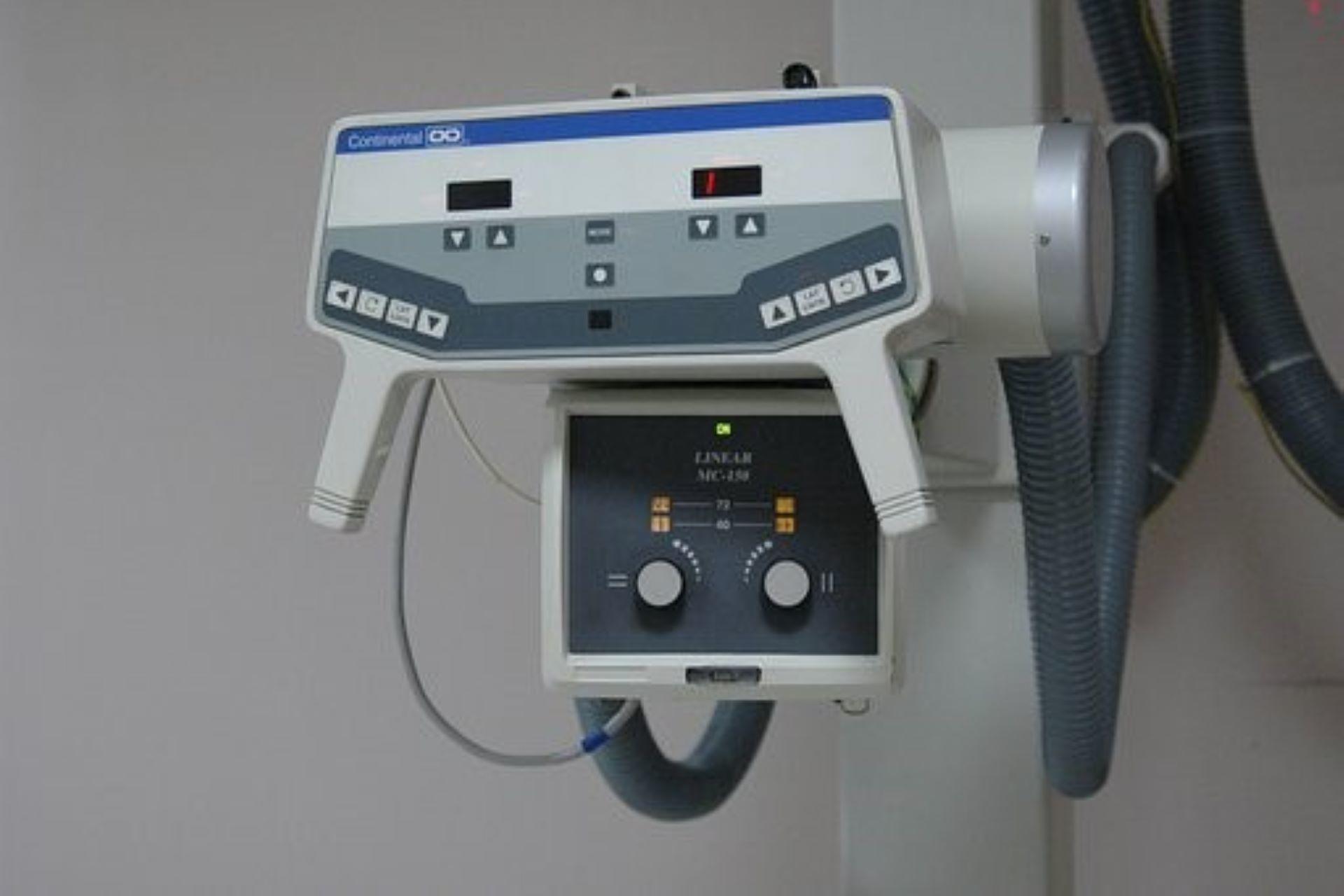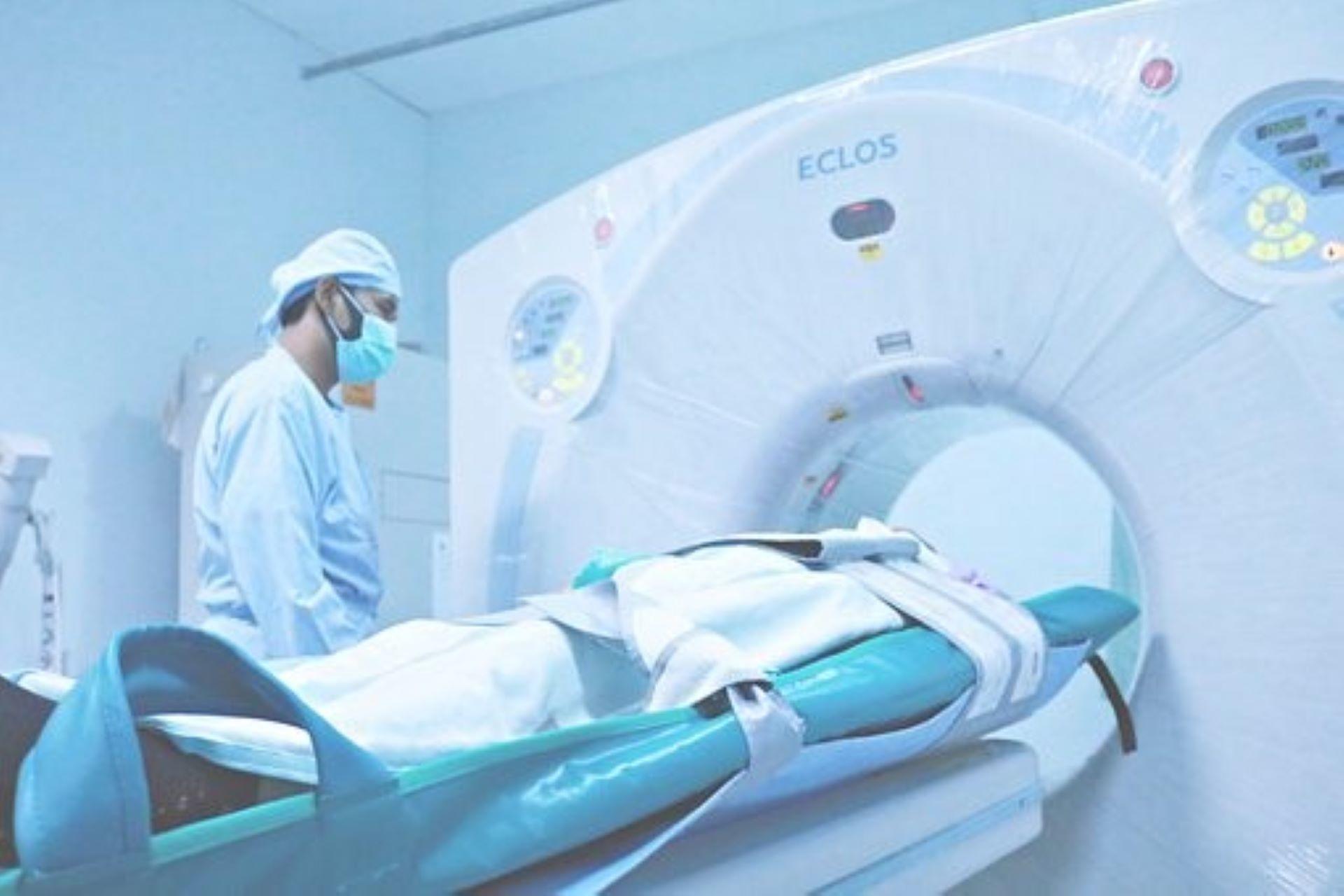Many science students aspire to pursue thriving careers in the medical and healthcare industry. Not everyone studying medical science wants to practice medicine; some like to go after innovative and technical fields like medical physics.
Medical physics involves the application of practical, technical, and analytical principles and techniques of physics to healthcare. Many modern medical procedures and technologies, including but not limited to X-rays, ultrasounds, and diagnostic tests, have their roots in physics.
This technical field is gaining traction as a career option due to rewarding opportunities and benefits. However, due to its complexity, many students do not opt for it as a college major or a career option. Let us demystify the notion for you.

What Is Medical Physics?
As the name indicates, medical physics is a combination of medicine and physics. It refers to applying the principles and methods of physics to diagnose, prevent and treat diseases to improve patients' well-being.
Many medical treatments would remain incomplete without the application of medical physics. This advanced field is used in medical procedures ranging from X-rays, scans, radiation therapies, nuclear medicine, ultrasound, magnetic resonance, and computed tomography.
Although many students are attracted to studying medicine to become doctors, not many opt for medical physics. Only 34 institutions in the USA offer Medical Physics degrees and courses.
Superprof is home to experienced science tutors that can assist you in your medical physics course. Our experts use technology to deliver world-class education online at affordable prices.
Choose from a variety of physics lessons here.

What Does A Medical Physician Do?
After learning about medical physics, you may wonder what a medical physicist's work includes. A medical physicist works in the healthcare industry, such as in laboratories and clinics, to design and perform procedures for diagnosing and treating conditions. They develop and use different devices, technologies, and treatments to improve patients' health and quality of life.
You get the following career opportunities as a medical physicist;
| Designation | Role |
|---|---|
| Therapeutic Medical Physicists | Expected to work on creating new radiation treatment technologies like stereotactic radiation therapy and intensity-modulated radiation therapy to treat cancer |
| Work in collaboration with different radiation oncologists | |
| Responsible for monitoring equipment to ensure patient safety | |
| Nuclear Medicine Physicists | Expert in radiation dosimetry and nuclear imaging instrumentation |
| Must how to interact between ionization radiation and matter | |
| Medical Health Physicist | The primary role is to improve the patient's quality of life |
| Responsible for creating different radiation protection programs with x-ray devices, lasers, radioactive materials, and non-ionization radiation | |
| Diagnostic Health Physicist | Responsible for developing modern diagnostic tools and technologies like magnetic resonance imaging, high-resolution ultrasound scans, radiation treatment, laser surgery, computerized tomography (CT) scans, and X-rays |
| Medical Technologist | Responsible for performing lab and clinical procedures |
| Using modern apparatus to apply the knowledge of physics to the patient's specimen | |
| Must know how to test chemical and biological patient specimens for medical diagnoses |


Is It Hard To Learn Medical Physics?
Medical physics combines two of the most challenging science fields –medicine and physics. Therefore, learning this field can be highly challenging. Professional medical physics degrees include several technical courses which are important to pass in order to become a licensed practitioner. However, the exciting career opportunities and rewards make medical physics a worthwhile field to pursue.
Despite being an exciting and high-paying profession, medical physics is complex to understand. It involves medicine, physics, mathematics, pharmacology, neuroscience, and computer science. Additionally, this subject requires exceptional skill in developing, monitoring, and interacting with advanced technology and tools to execute treatments, tests, and diagnoses.
Learning medical physics demands more time and effort as compared to other science subjects. Apart from acquiring professional help, in many stages, you might also need a private physics tutor online for building concepts and clearing confusion.
Nevertheless, this does not mean that you cannot ace this subject. All you need is the right approach and the right set of professional guidance to get you through.

How to Become A Medical Physicist?
Medical physics enthusiasts lack awareness of how to become a medical physicist. This results in following the wrong approach, thereby failing to lead a successful career in the field.
Here is a practical plan that covers different aspects of the field as a career option and how students can get started. Let's dive into it:
Acquire The Required Education
In order to qualify as a medical physicist, you must possess the necessary qualifications. While most employers look for additional certifications and accolades in medical physics or relevant fields, most only require a qualifying degree and experience.
Here is a step-by-step procedure on how to become a medical physicist.
- Start With An Undergraduate Degree: Enroll in an undergraduate degree in medical physics or a relevant discipline. Universities across the world offer three-year and four-year degree programs in medical physics. A college degree in the subject will teach you general physics laws and lay a strong foundation in your mind.
- Go For A Master's Degree: Once you have a college degree, it is time to enroll for a master's in medical physics. It is a two-year postgraduate course offered by universities and higher educational institutes.
- Complete Residency Or Postdoctoral Doctoral Program: The next step is to complete your residency or postdoctoral program to become a certified medical physicist. The program's duration is two years, and you must pass the certification examination by the American Board of Radiology (ABR) or the American Board of Medical Physics (ABMP).
After completing relevant medical physics education, you will be eligible to acquire a license to practice in healthcare.
Read Your Course and Other Reference Books Thoroughly
Like most science disciplines, medical physics requires extensive reading to gain theoretical knowledge and develop analytical skills. It is a complex subject that requires an in-depth understanding of the subject, which can only be acquired by reading course books.
Reading textbooks and reference books helps to build concepts and clear confusion constructively. This would make medical physics a self-explanatory subject for you, relieving you from the difficulty of solely depending on teachers to understand the subjects.
Exhaust Online Resources
Thanks to technological advancements and the internet, students can access reading and research material with just a few clicks.
Start browsing the web for E-books, research papers, journals, or any online content to study the topics. You can also refer to online live streams or videos posted by professional tutors and students.
Hire A Private Tutor
If you are struggling to learn this subject on your own, hire a private tutor from Superprof. This way, you can get assistance and constructive guidance on acing this subject.
Moreover, hiring a private tutor will give you the advantage of getting individual attention, which can immensely help when learning a complex subject like medical physics. You can get the answers to your questions without waiting for your turn.
Learning medical physics with a private tutor is an interesting and interactive way to learn medical physics. It is affordable and convenient and allows you to clear your queries and confusion as you progress.
Gain Maximum Experience
As soon as you finish your college degree, apply for apprenticeships and internships with experienced lab technicians and medical physicists. It will offer you a wealth of knowledge as well as help you strengthen your practical skills.
Moreover, working in practical workplaces like hospitals and labs initiates interaction with experienced professionals and technology, offering exceptional exposure. You can hone your skills accordingly to emerge as a top-tier medical physicist.
Keep Your Spirits High
A common mistake many medical physics students make is giving up way too early. Although this subject is demanding, giving up is not the way out. All you need to do is keep your spirits high. With motivation and professional assistance, anyone can master this subject and lead a successful career as a medical physicist.
Want To Clear All Medical Physics-Related Concepts With Superprof?
Are you still struggling to learn medical physics? –It is time to hire an online private tutor from a credible platform like Superprof. We are home to highly skilled science tutors with years of experience, verified reviews, affordable rates, and easy payment methods.
Starting in 2013, Superprof has come a long way to emerge as the leading online tutoring platform. You can count on us to constructively learn medical physics. We guarantee to deliver quality education to help you lead a flourishing career as a practicing medical physicist.
Superprof uses highly futuristic technology to ensure a smooth and glitch-free learning experience with our private tutors. Contact us to get your learning process started.
Résumer avec l'IA :















I would like to be placed in contact with a tutor regarding Medical Physics for advice and possible mentorship.
Hello Enzo, thank you for your interest in Superprof! To find a medical physics tutor, head over to Superprof.com and type ‘physics’ as the subject you would like to learn and your desired location. If you would like additional help, reach out to our customer care department via email at hey@superprof.com. 🧑🏽🔬🧬